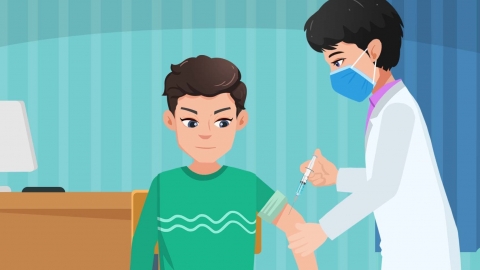Can a booster shot of the Japanese encephalitis vaccine prevent aphasia and paralysis?
Booster shots for Japanese encephalitis vaccine can generally help prevent aphasia and paralysis caused by Japanese encephalitis to some extent, but they cannot provide complete protection.

Japanese encephalitis is an acute infectious disease caused by the Japanese encephalitis virus and is primarily transmitted through mosquito bites. The disease can cause inflammation of the brain parenchyma and, in severe cases, lead to neurological damage, including symptoms such as aphasia and paralysis. Receiving booster shots of the Japanese encephalitis vaccine can enhance the body's immunity against the virus, thereby reducing the risk of infection. By preventing Japanese encephalitis infection, the risks of aphasia and paralysis caused by the disease are also reduced.
It should be noted that even after receiving booster shots of the Japanese encephalitis vaccine, an individual's immune system may fail to produce sufficient antibodies to resist viral infection due to various factors such as genetics, immune deficiencies, or weakened immune function. In such cases, individuals may still become infected with the Japanese encephalitis virus and develop complications such as aphasia and paralysis. If an individual is exposed to a high concentration of the Japanese encephalitis virus for an extended period, even with a vaccine booster, the risk of infection might still increase due to the high viral load.
In daily life, in addition to vaccination, mosquito prevention measures should also be taken, such as using mosquito nets and insect repellents, to reduce the chance of mosquito bites and lower the risk of infection.









